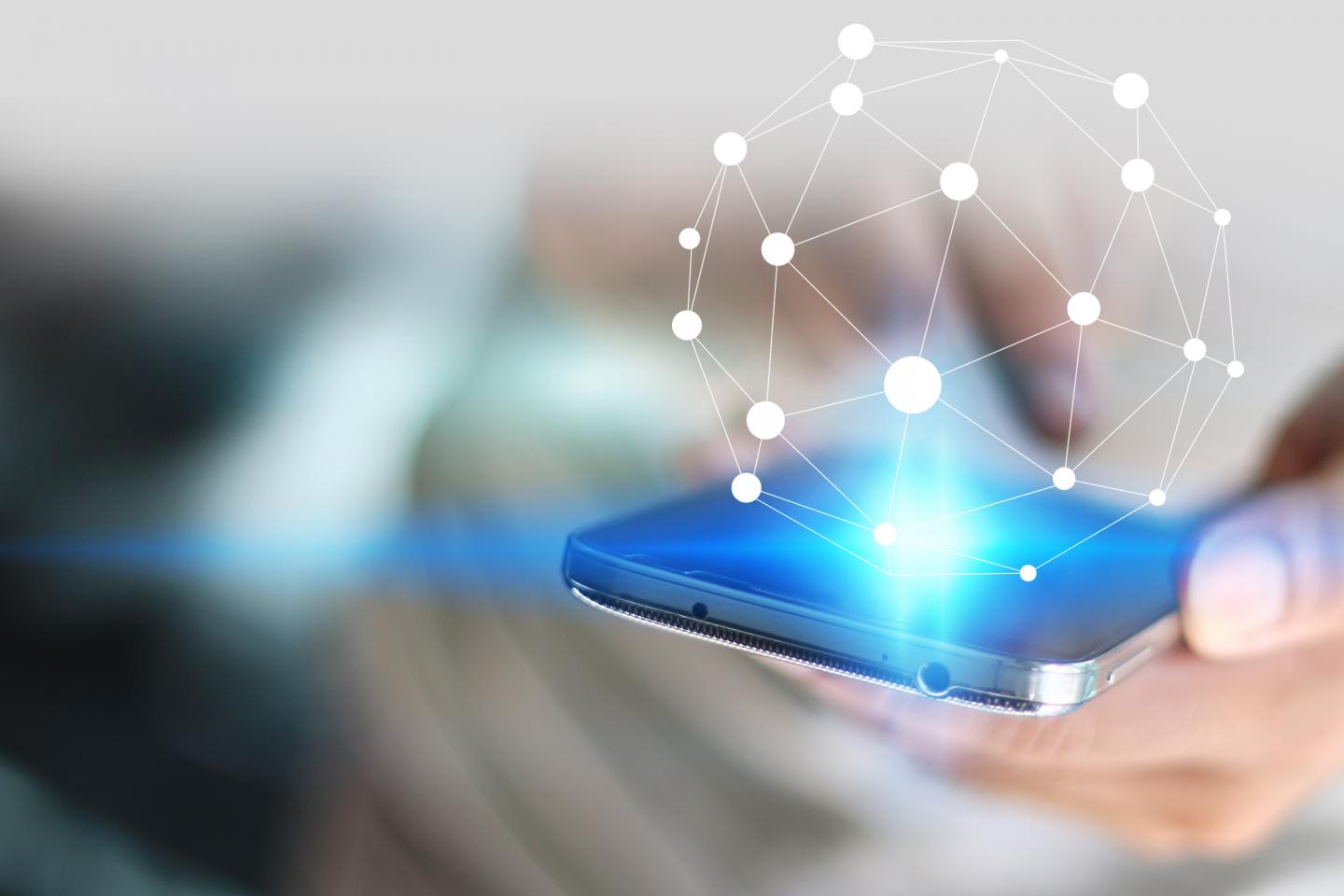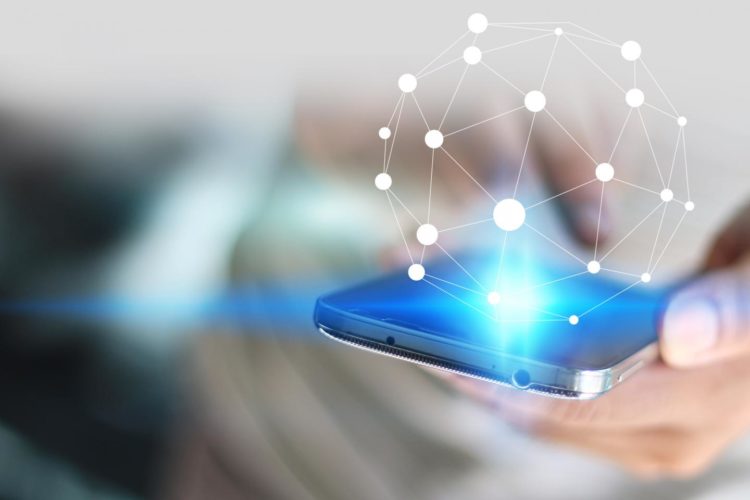
1 in 8 smartphones in the world uses a UCLouvain technology
Today, your smartphone’s switch from Wi-Fi to 4G goes completely unnoticed. The key is an open technology developed by UCLouvain, used by one in eight people around the world, called the Multipath Transmission Control Protocol (Multipath TCP).
The first protocols governing Internet use were developed for cable-connected computers; there was only one way for machine and server to exchange data. The smartphone changed the game. Two paths now exist to exchange data: Wi-Fi and mobile networks.
UCLouvain focused on data communication in this interconnected environment. UCLouvain computer scientist Olivier Bonaventure’s research demonstrated the successful combination of fixed and wireless networks to ensure high throughput and user experience quality. The result: UCLouvain enabled the deployment of a new Internet protocol, Multipath TCP, specially designed to support expanding global Internet traffic. How? Via open source software that allows existing infrastructures (smartphone, servers, routers) to use Multipath TCP.
Practical applications:
All iPhones (nearly 800 million) use Multipath TCP to efficiently switch from Wi-Fi to 4G and vice versa. Applications such as Siri, Apple Music and Apple Maps greatly benefit from it.
In Korea (which has the world’s best-performing mobile networks) and China, the Samsung, LG and Huawei brands equipped their smartphones with Multipath TCP to manage the Wi-Fi/4G combination and offer unprecedented connectivity to millions of users.
In Belgium, the UCLouvain spin-off Tessares uses Multipath TCP to improve Internet connections in rural areas. The longer the Internet cable, the lower connection performance. The solution is to boost the cable network via the 4G network, which is less busy in the evening, in order to offer ultra-fast, stable and secure Internet service. Thus an existing network is optimised rather than replaced – a win-win for subscribers and telecom operators. The solution has won over Proximus and is already deployed internationally, especially at KPN, the leading Internet service provider in the Netherlands.
Recently, the UCLouvain research team received one of the most prestigious international awards in computer science: the Association for Computing Machinery’s Networking Systems Award. ‘UCLouvain has been recognised for transforming research results into a technology that really works on the Internet and for the general public’, explains Prof. Bonaventure, a member of UCLouvain’s Computer Engineering Hub. ‘We unleashed our solution from the lab to make it work on a large scale. What’s more, it’s open source, which ensures that Multipath TCP will continue to be improved to meet the challenges of hyperconnectivity in the coming years.’
###
Media Contact
Isabelle Decoster
[email protected]
321-047-8870
Original Source
https:/





